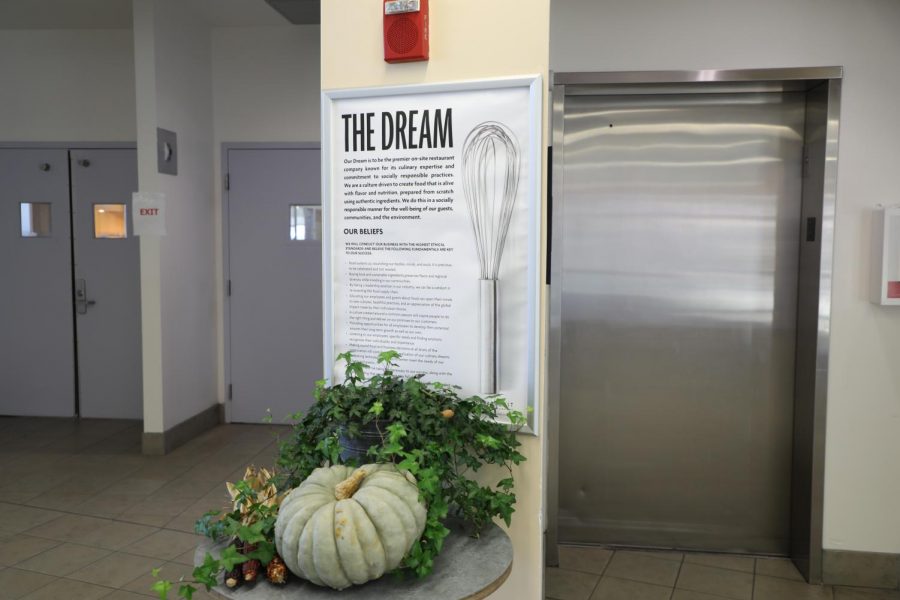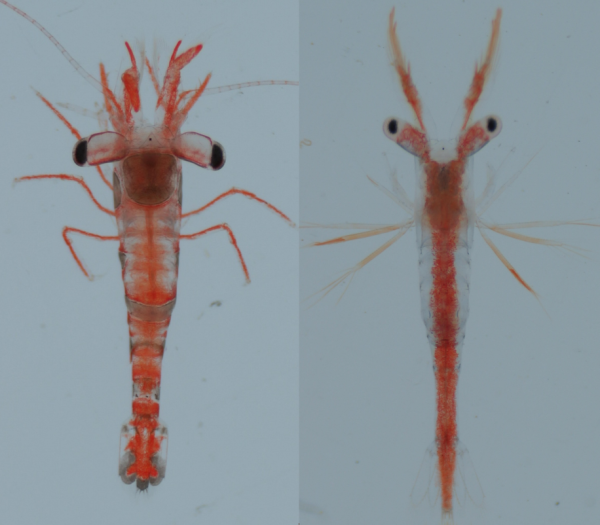Food Studies is on the menu
RWU introduces its new minor program this semester
Emily Dvareckas/The Hawks’ Herald
RWU has added a new Food Studies minor which will focus on the essential role of food. There will be a focus on sustainability, something RWU strives for in their dining halls.
“Food’s a ritual that everybody engages in at some level,” said Professor of Communication Studies Dr. Robert Cole.
Roger Williams University is introducing its new Food Studies minor this fall semester, and Cole is helping lead the program. This 18-credit program examines a number of topics related to food, including culture, history and the environment.
Regardless of one’s major, Food Studies can fit into whatever topics of interest students may have.
“The program is structured so students really can follow their own interests,” Cole explained. “If they’re really interested in science, then they can really focus and do coursework in the food science area. If they’re really interested in the culture and history of food, then they can focus on that area.”
Anyone planning to take the program first has to complete the Introduction to Food Studies course. Once they have done so, students can then cycle through various special topic courses, and they will also have opportunities to do community-based internships. Some special topics that will be offered through the next few years range from courses focusing on food and film, to world famine and hunger.
Over the course of this semester, Cole will be researching and developing a new study abroad course for students interested in traveling on a Western European food trail.
“We’ll look at the importance in Western Europe of chocolate, bread and cheese,” Cole said. “We’ll be going out, visiting farms and bakeries, and we’ll be learning from the bakers how important daily bread is in the life of Europeans.”
Overall, students will be able to learn about the types of regional identities that come from the importance of food. Other areas of interest may include wine and beer production, as well as charcuterie and meats.
“The takeaway message is that this is a very flexible program,” Cole stated. “Somebody could really follow their interests.”
There are a number of questions students may have regarding food and its close ties to us and sustainability. With the help of this minor, students may be able to help answer such questions.
For more information, research the Food Studies minor program on the University Catalog, or contact Cole through his email: [email protected].







